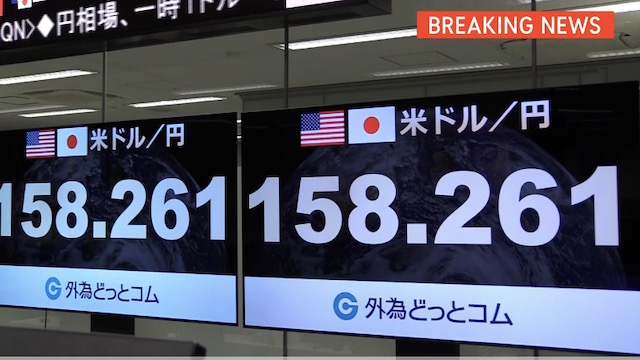Oct 07 (newsonjapan.com) - As regulated gambling spreads across other parts of Asia, attention always returns to Japan. There have been strong laws controlling gambling here for years, and it seems like this is one area that lawmakers will not return to any time soon. Let's take a closer look at the current status of gambling here as it currently stands.
Understanding the History
Gambling in Japan has been closely controlled for a lot longer than people might initially think. It has been well-regulated even since the 8th century when a game called ban-sugoroku was banned. This period also gave rise to professional gamblers – especially in the area of present-day Kyoto.
In the Edo period, lower-class citizens were not permitted to gamble and could even be punished by death if caught. However, this still did not stamp out gambling, and the higher classes were still enjoying some form of activity.
In 1718, petty gambling became legal for the first time. Many basic gambling games grew in popularity, as did lotteries. Card games were introduced to the Japanese by the Portuguese in the 16th century, and a game similar to blackjack proved very popular. A game called Zanmai was one of the most played - with the winning number being 19 instead of blackjack's 21.
While gambling has never been a major part of Japanese culture, it has always been there. Therefore, it is unsurprising that we are seeing new efforts trying to bring it forward now.
Other Countries
It will be interesting to see how Japan reacts to gambling in the future, especially with many of the moves being made to legalise and regulate these practices in other parts of Asia. Across the sea in Russia is the Tigre de Cristal Resort & Casino in Vladivostok. This has been trying to attract attention from many Asian markets and its Russian home ones.
In addition to this, there are plenty of other gambling destinations throughout Asia, with Macau being one of the biggest ones. Keeping a close eye on other Asian countries gambling status will be incredibly important. The more countries that begin to adopt legal gambling in some form will pressure Japan to change some of its existing laws. Otherwise, we could end up in a position where the Japanese are taking their money abroad to spend in places where it is legal for them to do so.
Pachinko
One of the legal forms of "gambling" that you will find in Japan is Pachinko. This fun game is about the closest thing that Japan currently has to slots. A small ball is thrown onto the playing field, and it bounces across pins to land in pockets worth different amounts. You can then cash out depending on the amount that you have won.
This is one of the most popular games in Japan and you can find pachinko gaming machines everywhere. There are thought to be about 5 million pachinko slots currently in use in Japan, which averages out to approximately one for every 25 people. You can also find these machines amongst 12,000 different gaming rooms. They are everywhere, but they represent an important precedent in Japan's relationship with gambling. Since it is such a popular game, it could be the steppingstone needed to introduce slots in the future. 918kiss
Mahjong
Mahjong is one of the most popular table games that you will find in Japan and – as pachinko might do for slots – it could serve as a great introduction for other types of table games if introduced here. The type of mahjong played in Japan is slightly different from the one played in China. Though it is a simplified game at its heart, few rule changes do provide some clear differences.
At the moment, there is thought to be approximately 8000 mahjong parlors in Japan. You can also find many professional players and tournaments. The appetite for some form of regulated gambling is definitely there in Japan, a motion just needs to be passed to bring it to the forefront of people's attention.
The Current Status
At the moment, there are no land-based casinos in Japan. There have been repeated efforts to establish one, but they have always been shot down for some reason. This could soon be changing, especially following a successful new law in 2018. In July of that year, a bill passed that would allow three casinos to be built in Japan as part of a wider resort complex.
There would also be strict regulations in place for Japanese citizens who wanted to visit. There would be an entrance fee of 6000 yen (approximately $56) and a visitation limit. Visitors would be unable to play more than three times a week, and there would also be a monthly visit limit of no more than ten times.
However, it is thought that casinos could open in Tokyo, Osaka, and Yokohama. There are also some well-known casino brands jostling for attention here, including Genting, Wynn Resorts, MGM Resorts, and Las Vegas Sands, to name but a few.
The Future
The opening of these casinos in Japan will be amazing news and could usher in a new era of safe and legal gambling. Many other countries in Asia are beginning to adopt gambling and properly regulate it – even countries that have previously had many restrictions and bans in place. If they can set up gambling resorts that prove to be popular, there is no reason why Japan can't follow suit.
There has also been a substantial rise in internet gambling over the years that regulations will need to address. Proving brick and mortar addresses for those in Japan who want to gamble will help to stop players from going online to play at potentially dangerous sites. While there is still a lot of work to be done, these new regulations are a step in the right direction!









